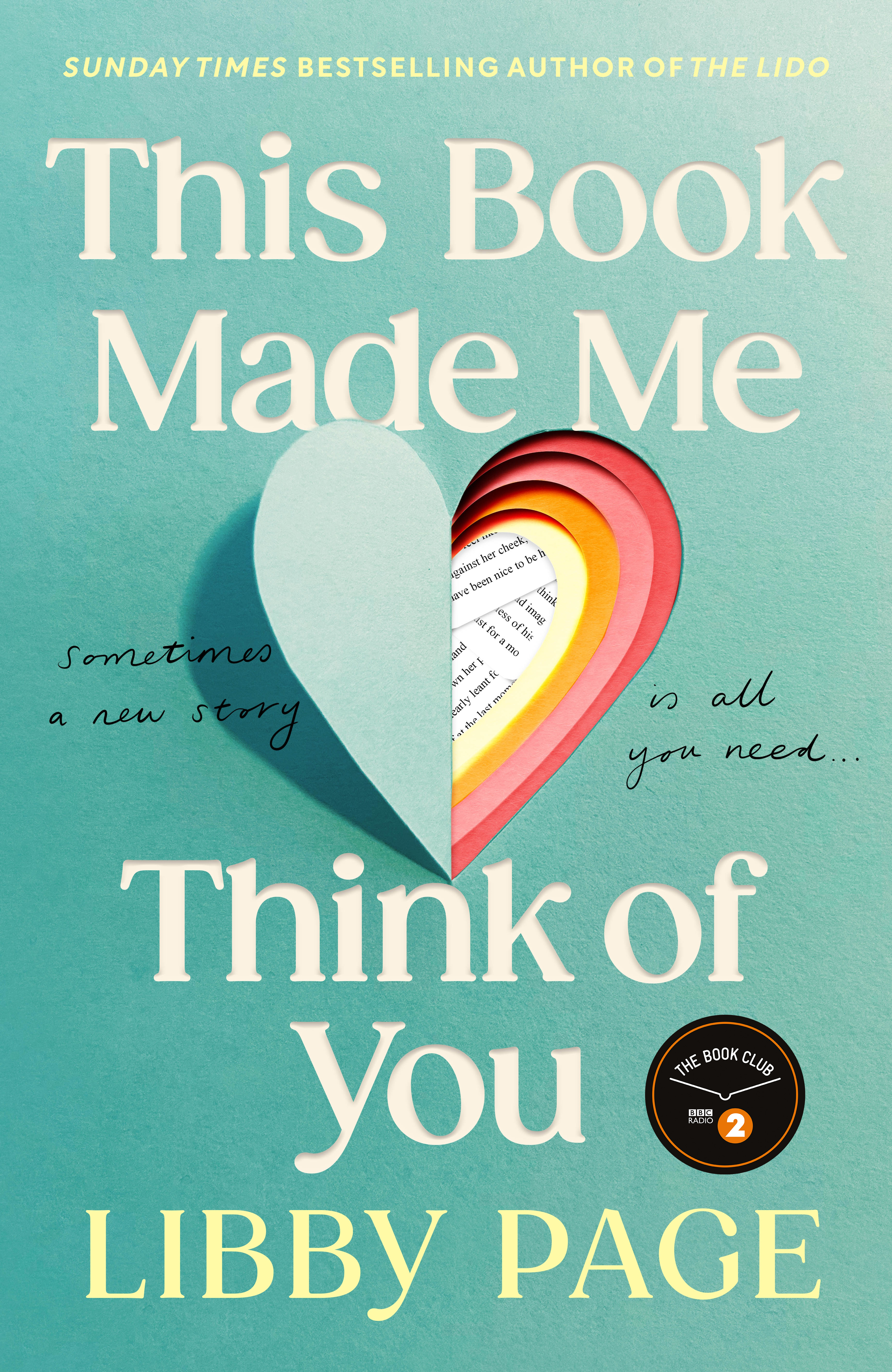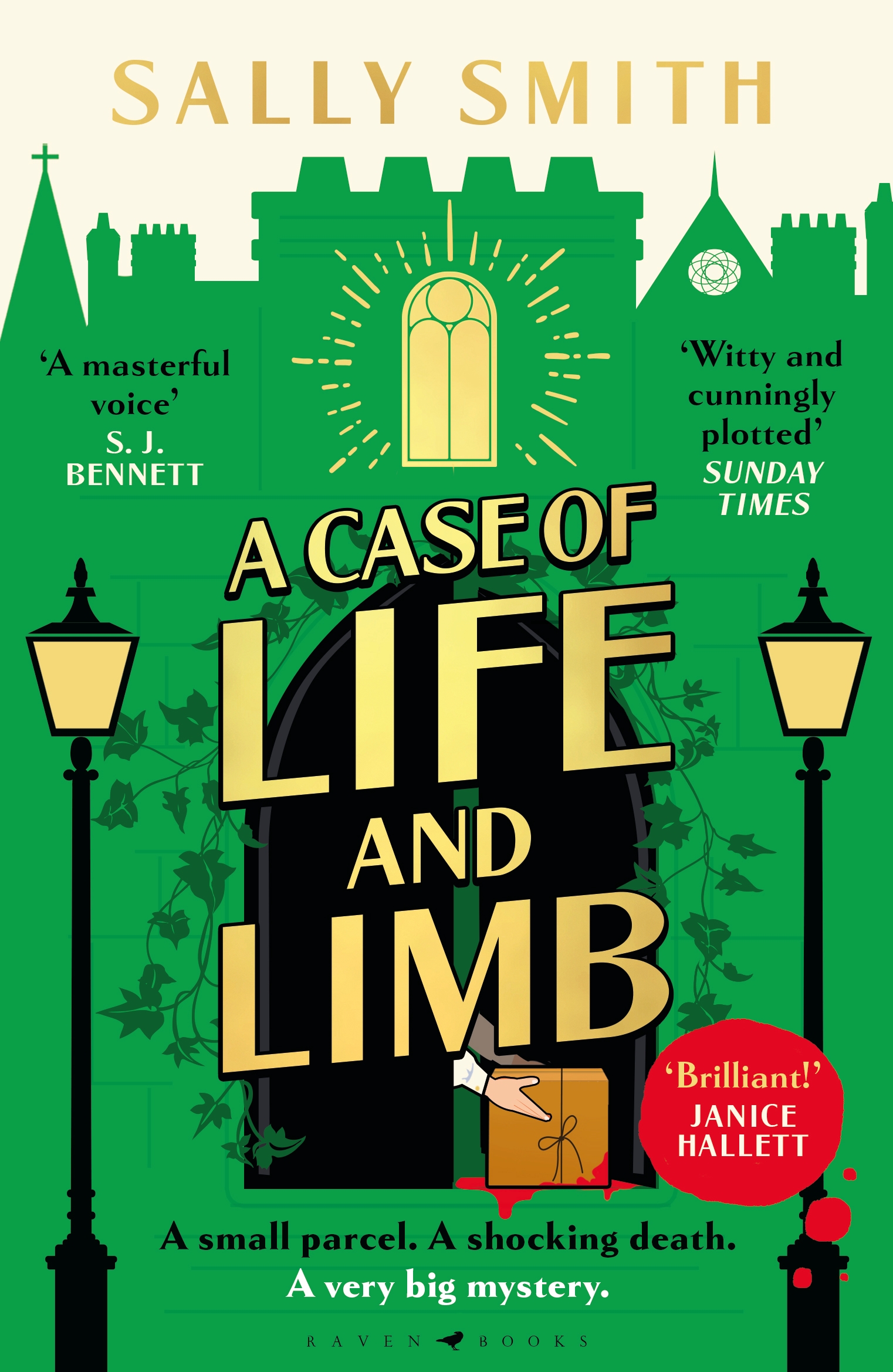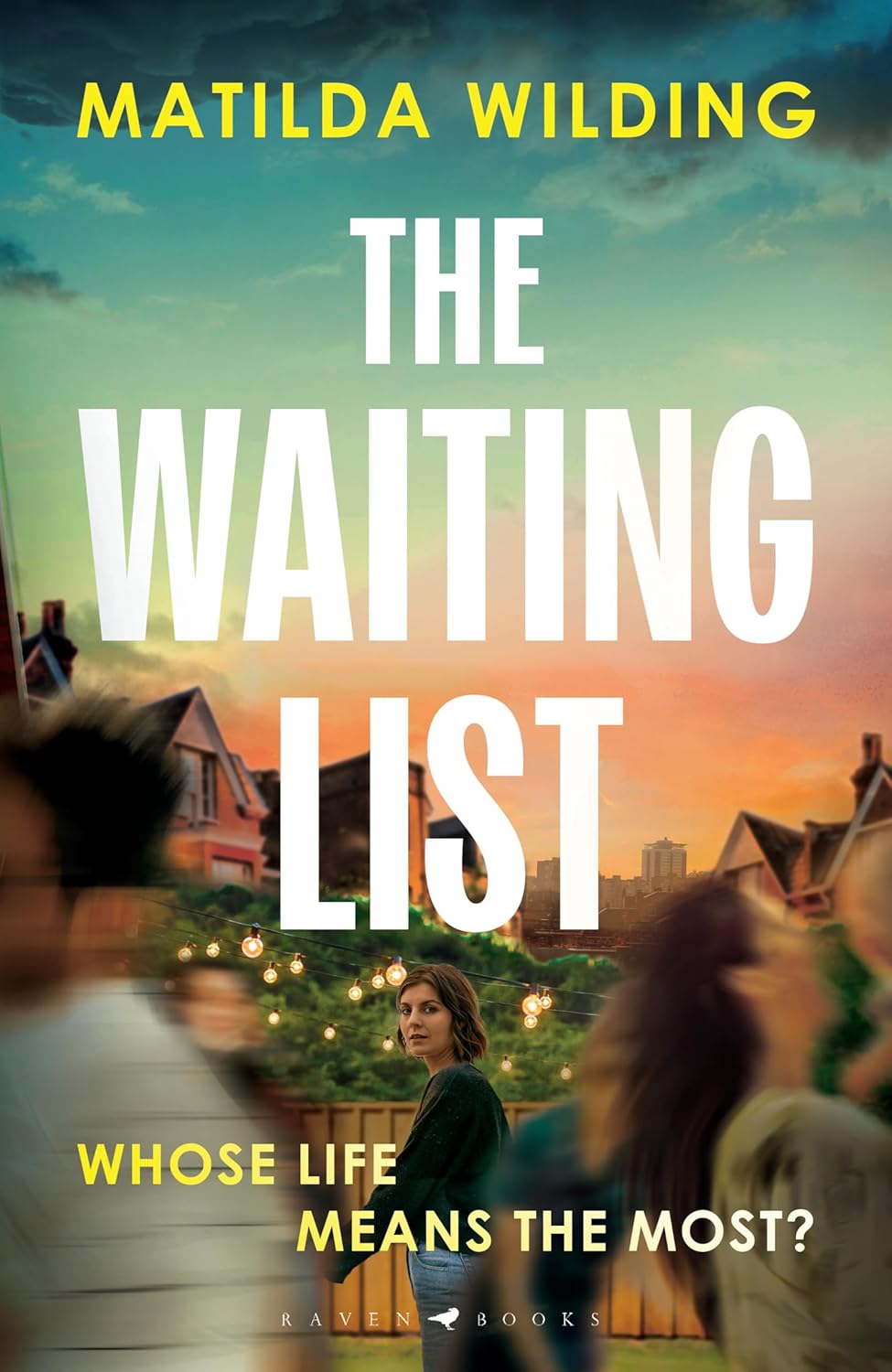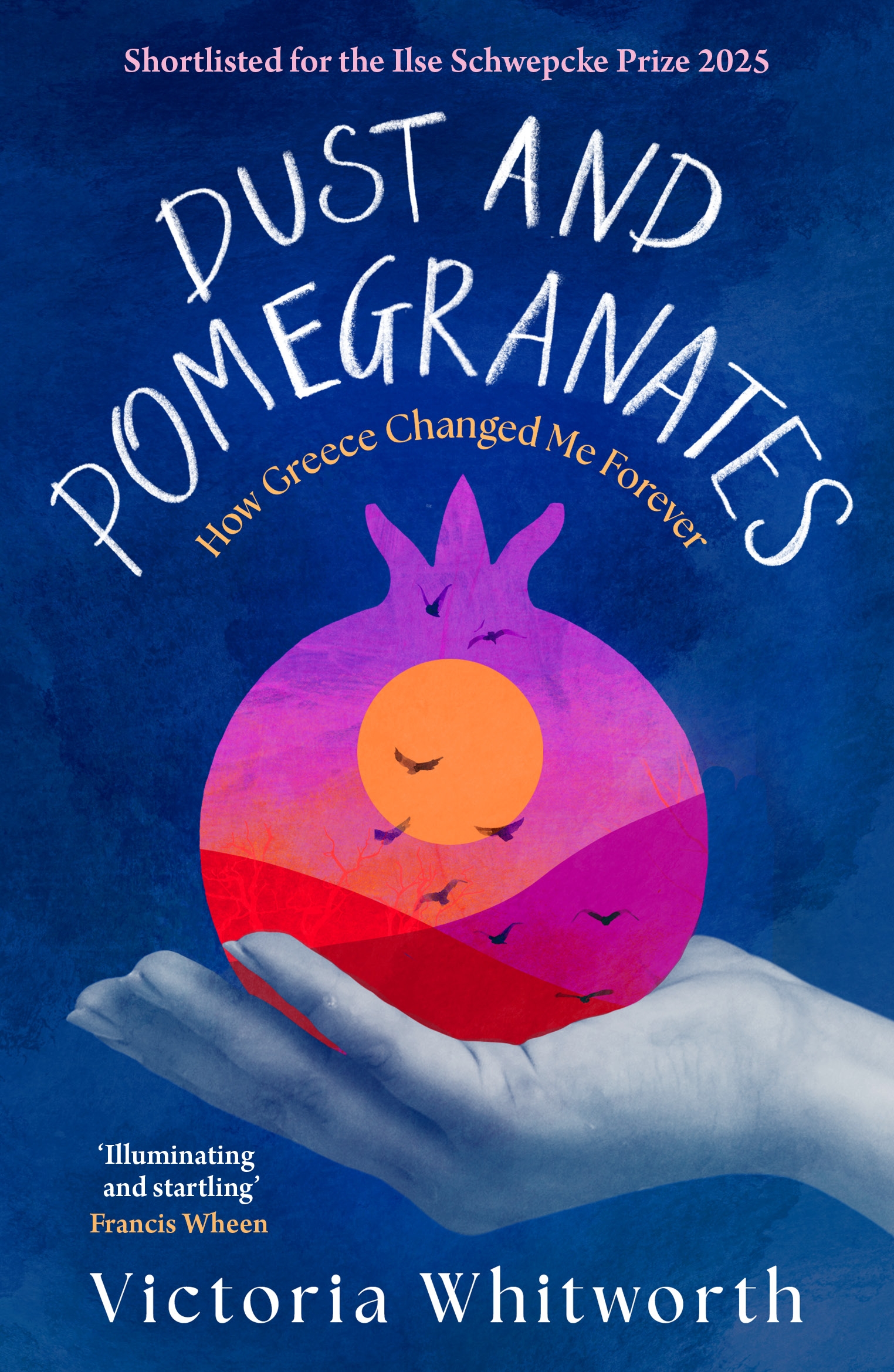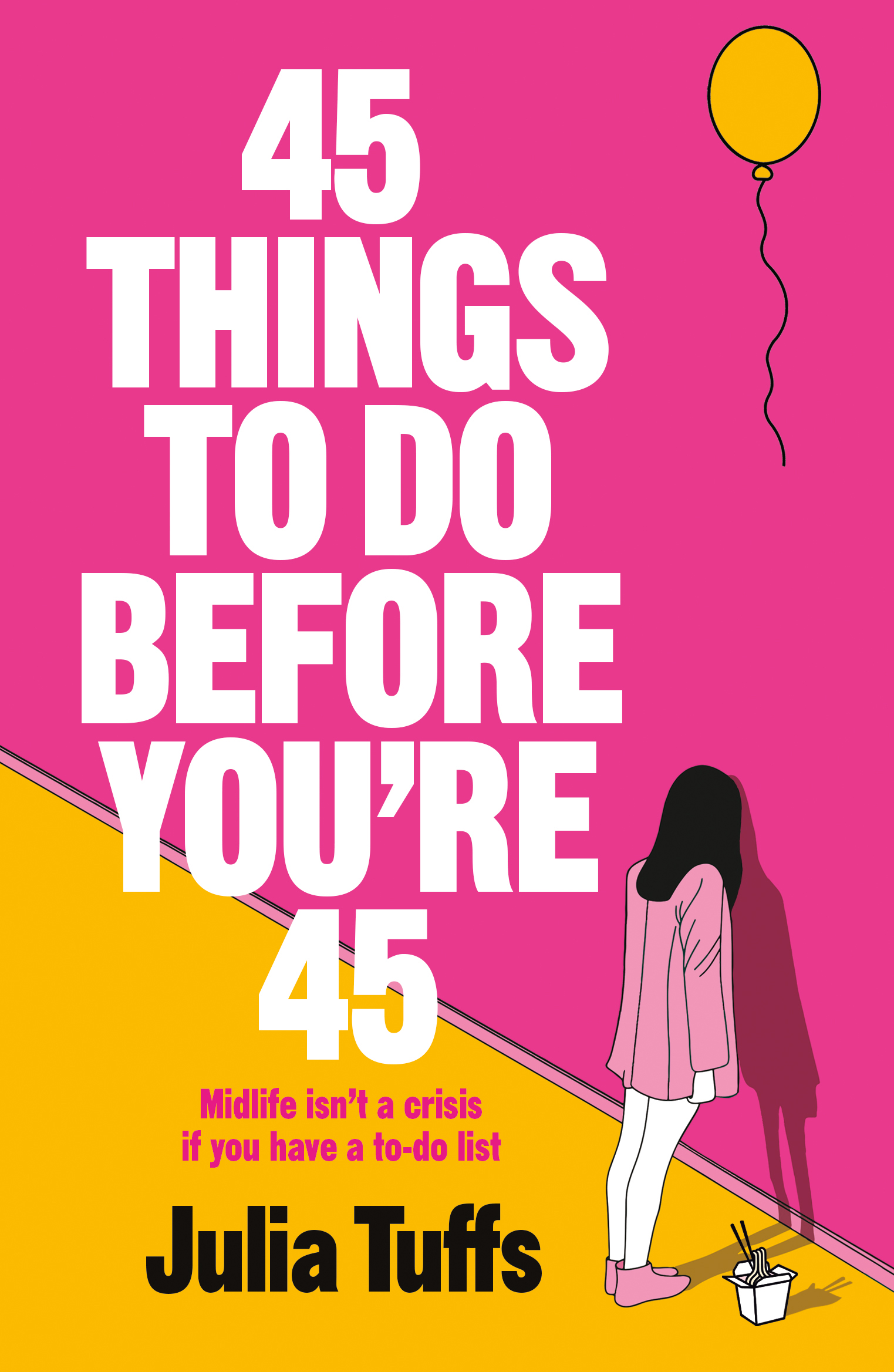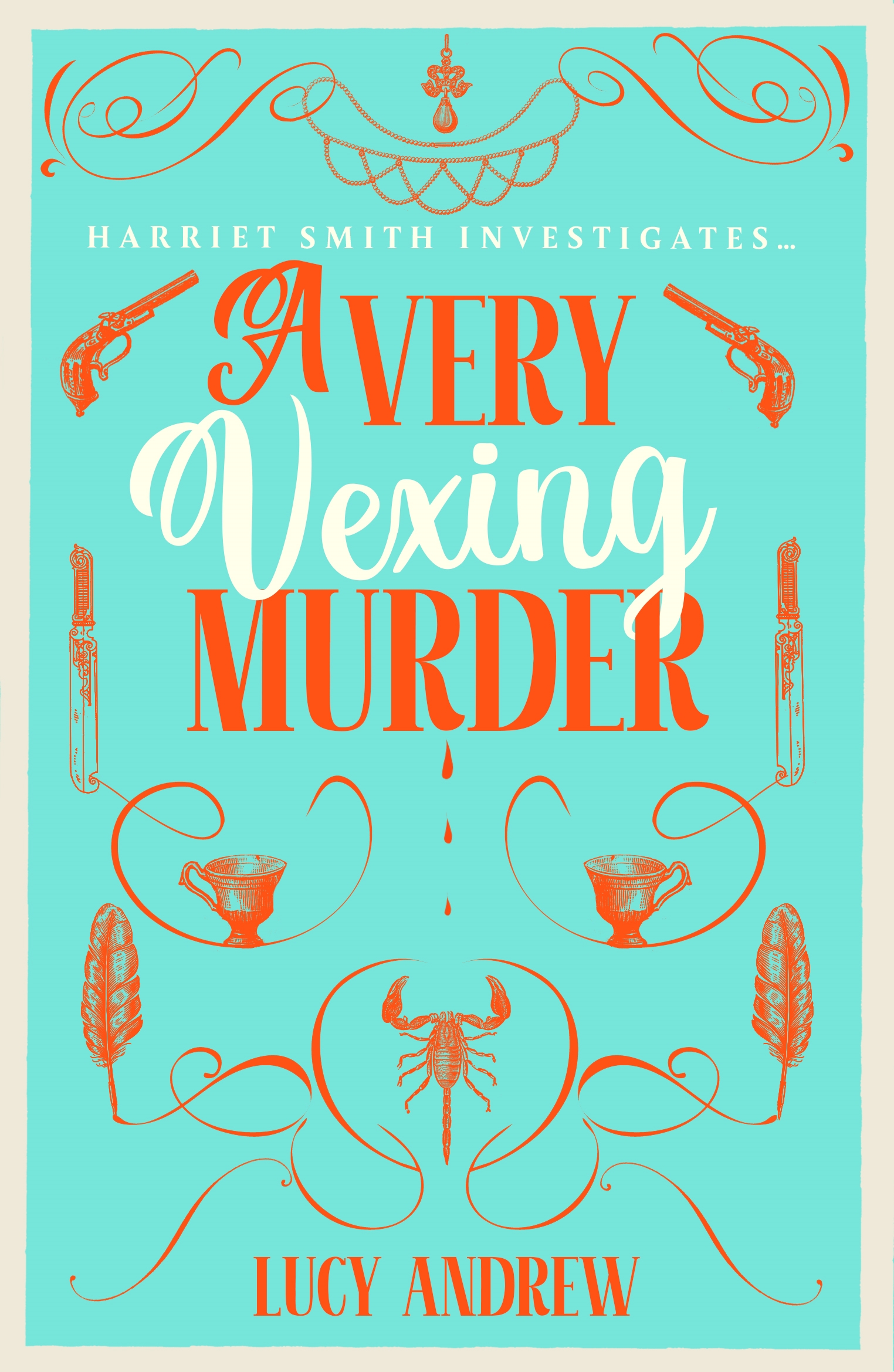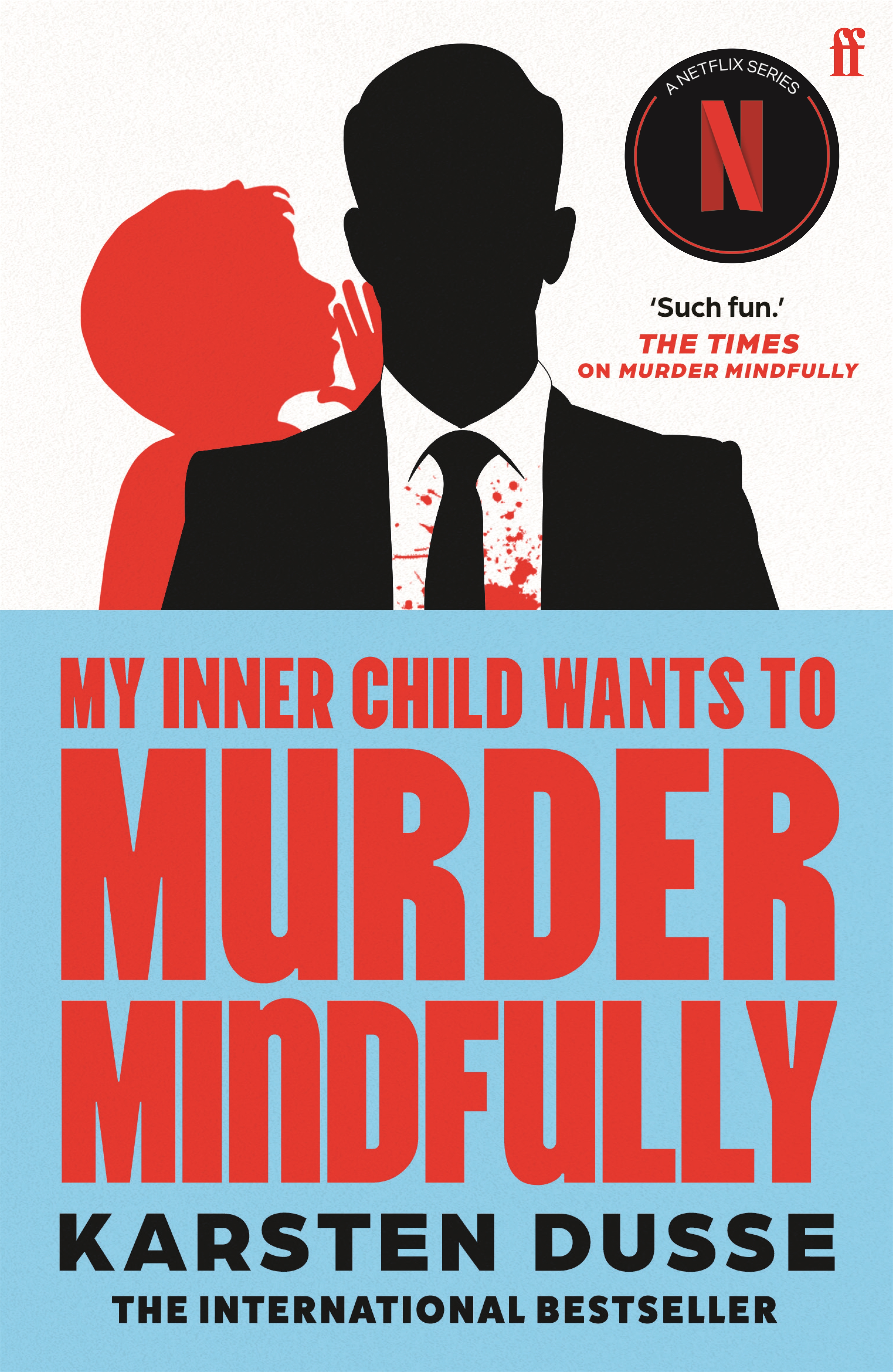Property: Winner of the Women's Prize for Fiction

As seen:
By Valerie Martin
avg rating
7 reviews
Manon Gaudet is unhappily married to the owner of a Louisiana sugar plantation. She misses her family and longs for the vibrant lifestyle of her native New Orleans, but most of all, she longs to be free of the suffocating domestic situation. The tension revolves around Sarah, a slave girl who may have been given to Manon as a wedding present from her aunt, whose young son Walter is living proof of where Manon’s husband’s inclinations lie.
This private drama is being played out against a brooding atmosphere of slave unrest and bloody uprisings. And if the attacks reach Manon’s house, no one can be sure which way Sarah will turn . . .
Beautifully written, PROPERTY is an intricately told tale of both individual stories and of a country in a time of change, where ownership is at once everything and nothing, and where belonging, by contrast, is all.
TweetReviews
In reading the Women's Prize winners as part of the celebration of their 25th Anniversary, Property was the book I was most nervous about. A book about slavery, from the perspective of a white woman married to a slave owner, by a white woman seemed particularly controversial in light of recent world events.
Yet the book won the Women's Prize, and a quote from Toni Morrison adorns the cover, so I set aside my trepidation.
Property tells the story of Manon, a woman who is unhappily married to a violent and abusive slave owner. Manon is far from a sympathetic voice, internalising the period's rationale of slavery, and is far more concerned with the inequality with which she is treated. She is resentful towards Sarah, a slave, for baring her husband's child, despite Sarah's lack of agency. When opportunity strikes and Sarah escapes, Manon is vindictive and does all in her power to get her back to fulfil a perverted sense of justice and retribution.
Manon is reprehensible and a difficult character to read a first person account from. She utterly fails to acknowledge her privilege and equates her own role as her husband's property with that of the slaves whose abuse she turns a blind eye to and eventually perpetuates. This probably was the case for many white women of the time and obviously we can't impose today's morals on them without being anachronistic. However, a significant question is whether this book does enough to unpack those issues.
There is no doubt that Martin paints a chilling and unforgiving portrait of this period in history, yet due to the focused perspective of Manon, the tale is very much at the mercy of interpretation. A reader could potentially pick this book up and consider Manon's view that her treatment is akin to that of the slaves understandable or even valid. We would hope of course that this is not what Martin intended but without much voice or agency from characters like Sarah, or nuanced analysis from Martin herself, this book could certainly be read in different ways.
Perhaps given that it was published 17 years ago, this narrative simply hasn't stood the test of time. With the focus firmly on diversity in publishing and Own Voices literature Property now seems dated. Despite this, Martin is clearly an excellent author, creating such a detestable first person narrator while also compelling you to read on is no mean feat.
I read this as part of the "Identity" group of 25 years of The Women's Prize for Fiction.
Set in the 1820s on a Louisiana sugar plantation, this first person narrative is told by Manon Gaudet, the deeply unhappy wife of the plantation owner. Manon longs to be independent of the husband that she despises, and hugely resents her position as she has few rights of her own. A lot of the resentment in her marriage is centred around their house slave Sarah, who has borne children by her husband (though they are the product of rape), and whose voice is never really heard.
This is a short, tightly-written novel that provides a stark and horrifyingly vivid account of slavery - I found the opening chapters brutal. The first person narrative, although very uncomfortable, gives a unique perspective and serves to emphasise how different women like Manon viewed themselves to women in Sarah's position. I think the book is very clever, in that it highlights the parallels that could exist between Manon and Sarah - both beholden to and controlled by people that they hate because of the dictates of society - but that very society would never allow Manon to acknowledge that. The fact that you never hear from Sarah herself makes for a very powerful and uncomfortable statement about the relationship between Manon and Sarah.
There was a lot of debate as to whether a white author should be tackling slavery, even though it is done very carefully and from a very unique perspective, and the topic is rather uncomfortable, as is this book. However, Martin manages to cover such a wide range of issues in this book, that I was still thinking about them long after I'd finished reading it. My one complaint is that, in my opinion, in order for the narrative to really work properly it relies on a certain level of knowledge about the slave trade before you read it.
A powerful, intensely uncomfortable read that really has a lot to say and contribute - definitely worth giving a read.
Property is set in 1828, on a Louisiana plantation, over 100 years after plantation and slavery started in the area. The main narrative is that of Manon, the wife of a plantation owner. She is of French heritage and talks about how the life on a plantation leaves her isolated and in contrast with her city life in New Orleans where she grew up. She feels unsettled and unhappy in her married life, she is resentful of her Husband and is losing her sense of self and identity. Her husband treats her as furniture in a house or as a child, just as Manon herself treats her handmaid Sarah.
The book is multi layered, the themes of property and ownership, respect, function, sex and misjudgment are well written and represented. I feel the book slightly assumes a knowledge of the history of the slave trade, and the desperate lives the slaves lead. The truly horrific situations they were born into, and the lead up to the uprising of the slaves. Some of this context is filled in or alluded to, but a little more detail here would have been good. Although it is from the viewpoint of Manon, who simply doesn’t care or consider the slaves backgrounds or viewpoints, and the book just echos this. Sarah’s lack of voice is frustrating but clever. I want to connect with this character, and understand her more. Sarah is a commodity and therefore this is maybe just not relevant from the narrative.
As I am reading it from a modern viewpoint and understanding, I know I really want the two female leads of Manon and Sarah to connect with each other or anyone else in the book. I am seeking justification to Manon’s behaviour and total lack of understanding or sympathy. There is no justification, it was just the normal attitudes of the time. I really want Manon and Sarah to see what they have in common and respectively make their lives better even just through some level of companionship. Instead they painfully antagonise each other. They are both repressed and in stuck in their life roles. Manon is vindictive against Sarah, and Sarah shows anger at Manon and her life. For me the lack of humanity made for a very uncomfortable read. As it should, there is little point in sugar coating what was a very grim period in time.
I was left undecided finishing this book, and remain so although it has lingered in my thoughts. Which is usually a sign of a good book. This book is clever in it’s bleakness and left me wishing the situation different, which I think represents the times and issues well. Worth a read, and it caused me to read into the era more. It is set 40 years before the American civil war, and the balance of power remained as portrayed in the book for many generations after Manon and Sarah.
Property by Valerie Martin is a short but powerful novel. It explores many different themes including love, loss, identity and ownership which are interwoven throughout the story.
It’s told from the viewpoint of Manon Gaudet, a slave owner’s wife, and reveals the extent both her and husband will go to to live their privileged lives. Despite this, Manon is deeply unhappy and is trapped in a loveless marriage to a man she despises. She carries out her anger and frustration on her slave Sarah, who has been repeatedly raped by Manon’s husband and is the mother of his two children. Even though both women are controlled by Manon’s husband, albeit in different ways, Manon cannot empathise with Sarah and their relationship is put to the ultimate test.
Property is beautifully written, incredibly atmospheric but a challenging and uncomfortable read. It is definitely a book that will stay with you after you’ve finished it.
Winner of the Women’s Prize for Fiction in 2003, Valerie Martin’s ‘Property’ is a compact, mesmerising and powerful read. At just over 200 pages long, the novel’s plot is impactful and tightly woven. Set on a sugar plantation in 1828 Louisiana, 33 years before the American civil war, the novel explores the concept of ownership and seethes with simmering tensions. Told from the perspective of Manon Gaudet, the sugar plantation owner’s disaffected and resentful wife, we witness the mistreatment of the plantation’s slaves through the skewed viewpoint of the privileged. There are huge parallels between the situation Manon is in - the property of a man she despises, with limited control over her own life and future - and the situation her slave Sarah is in - the repeated victim of rape by the same man, and bearer of two of his children. Despite this, Manon cannot empathise with Sarah and instead rages against her and her two children with bitterness and contempt. ‘Property’ is an evocative and brutal read, and a worthy winner of the Women’s Prize. Highly recommended.
Property is a short (209 pages) but an extremely powerful novel. In fact, this review has taken me quite some time to pull together as the complexities of the multi-layered story rattled around my mind.
First and foremost, stories of slavery told by the slave owner are inherently problematic. I was very apprehensive about how this narrative would be delivered and whether Martin – a white woman – should be telling this story.
In Manon, Martin provides a hugely unreliable narrator but her perspective – the slave owner’s wife – is one rarely seen in literature. Martin invites the reader to mistrust and challenge Manon’s point of view from the start, which reveals the true extent of her villainy and the day-to-day abuses she inflicts on her slaves.
Manon is in a difficult position herself. She is repulsed by her husband and refuses to sleep with him to conceive the child that will make her “complete”. She has no legal or financial standing in her own right and will lose her inheritance to her husband. She is lost and lonely. These issues could elicit sympathy for Manon but Martin carefully balances this context with her treatment of Sarah so that the reader never excuses Manon’s deplorable actions against her. It’s a delicate mix that Martin handles with great skill.
Sarah’s voice is almost non-existent – something that feels incredibly uncomfortable. Instead, her actions are imbued with the violence and torment of her status. Ranging from subtle inflections to her final acts of defiance, readers are asked to listen to the things that are left unsaid to understand the truths of Sarah’s oppression. There is a particularly harrowing scene where Manon violates Sarah in which Sarah’s silent dignity is truly heartbreaking.
I was incredibly impressed with how many issues Martin covers in such a short novel. Property considers the violence and cruelties of the slave trade, the legal and financial invisibility of women in the 19th century, the stigma of childless women, abuses of power in many, many contexts. It’s the relationship between Manon and Sarah that was most nuanced and complex, though.
Property is a novel that raises lots of questions and I am still unraveling it five days after finishing. Its abundant nuances continue to percolate in my mind – in particular, I can’t stop thinking about Sarah’s strength or the cruelties inflicted upon her.
I really recommend reading Property but be prepared for an uncomfortable and disturbing read that will stay with you for a while.
What an amazing read. Deeply uncomfortable and challenging. Beautifully written. Atmospheric. Prepare to spend a few hours with this - you will not be able to put it down !
#ReadingWomen with Book and Brew
